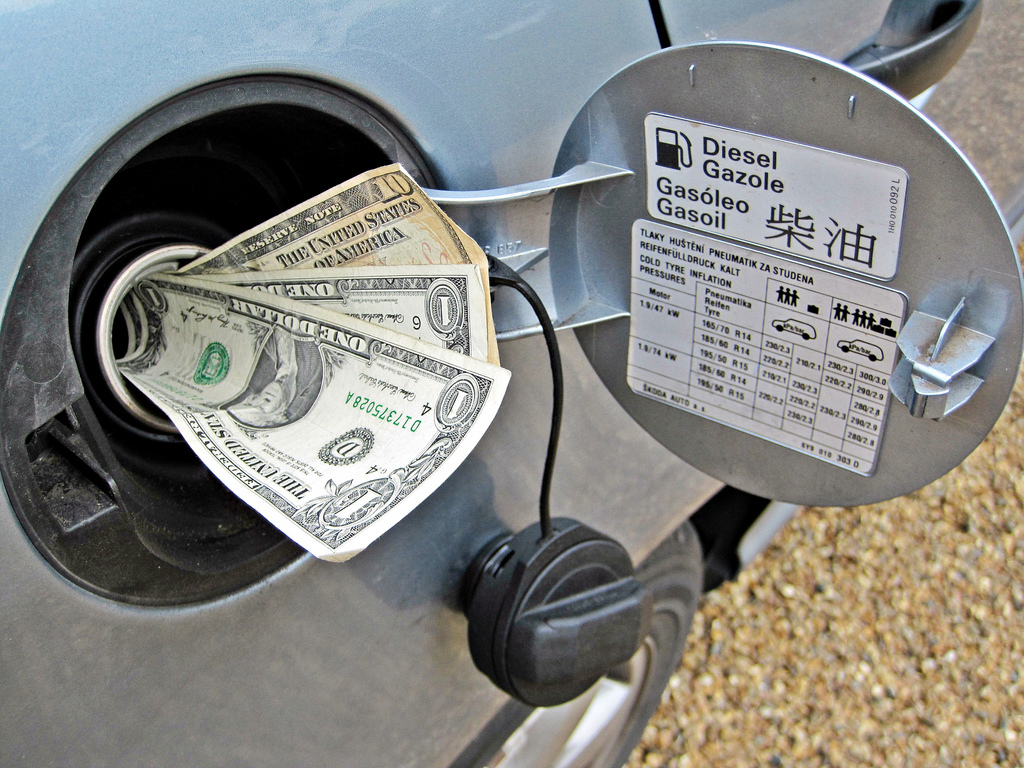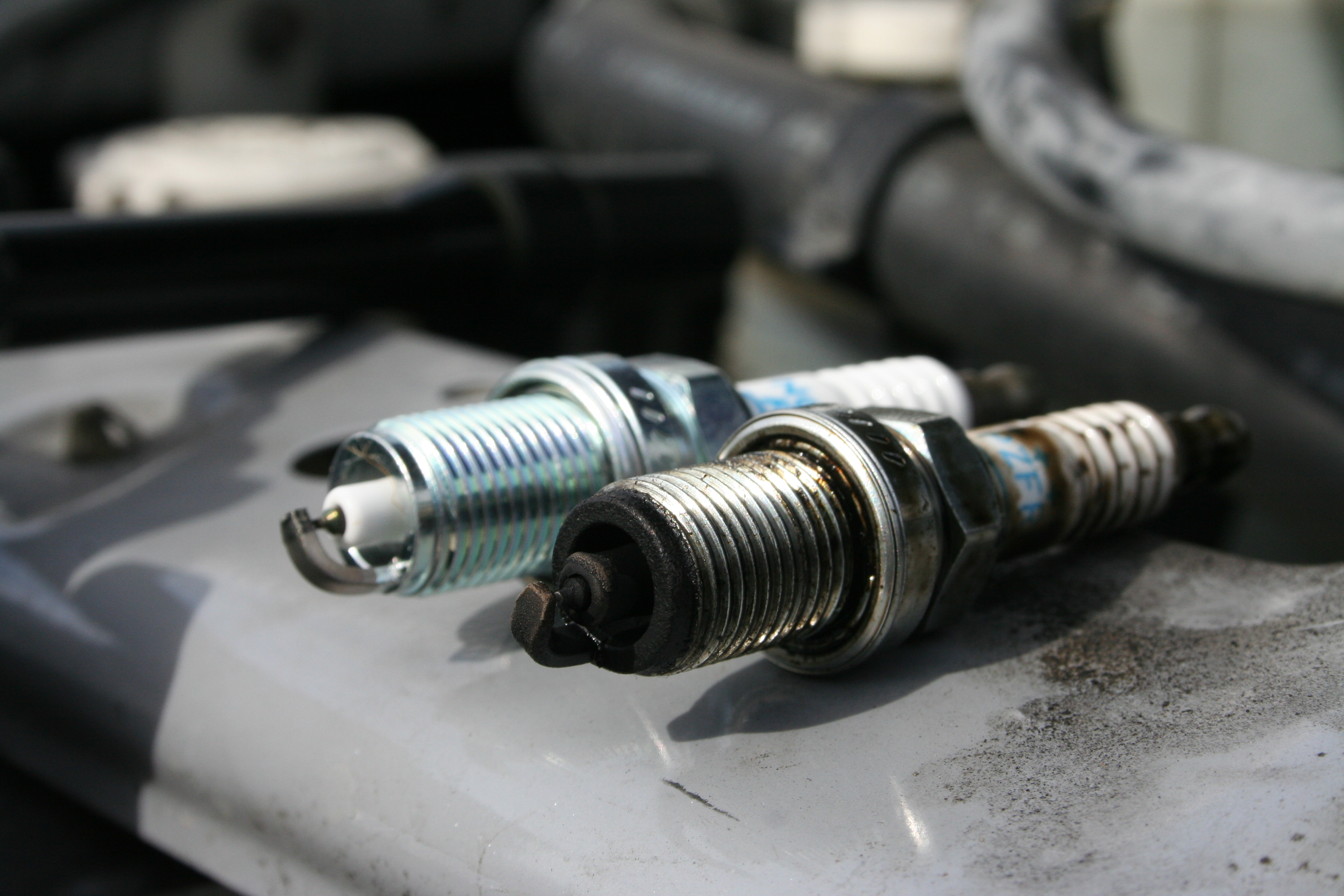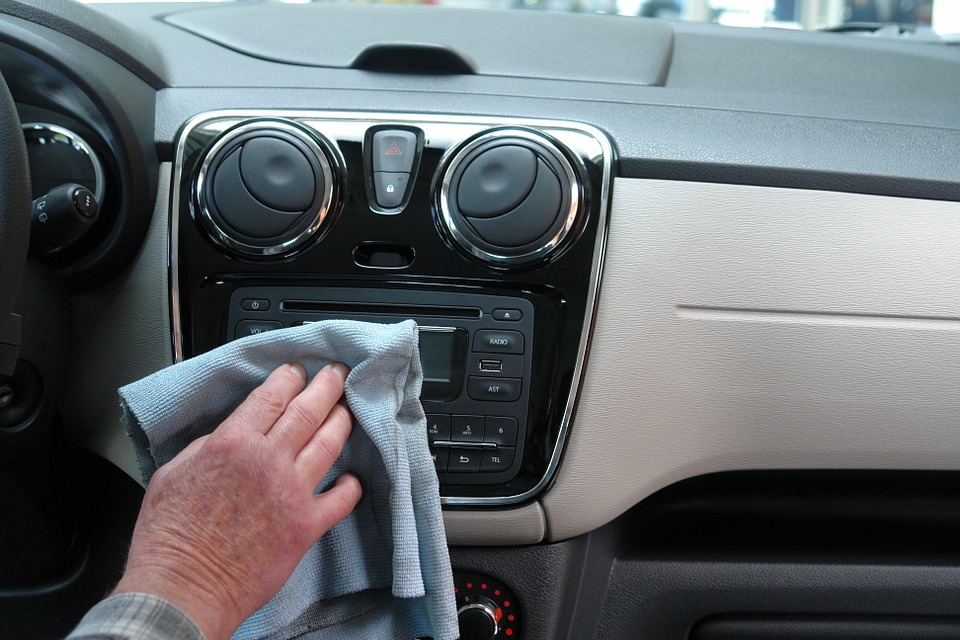Posted on 6/29/2017

You notice that suddenly your vehicle seems to be getting worse gas mileage than it did awhile back. Why? What happened?Like with most things on your vehicle, there can be numerous problems at the root of poor fuel economy. Let’s start with the simple ones and work our way to the more complicated issues:Tires: This one’s easy. Underinflated tires mean more rolling resistance (think about riding a bike with a low tire), and more rolling resistance means poorer fuel economy. Check your tire inflation at least once a month, while the tires are cold, using a good quality tire gauge. Even a pound or two of underinflation can be enough to cause problems!Air filter: The air filter is made of pleated paper or fabric elements which prevent pollen, dust and particulates from entering the fuel system where they could do some real damage and cause wear. A clogged air filter can literally smother the engine by restricting air flow. Take out the air filter and hold it up to a bright ligh ... read more
Posted on 5/25/2017

So you got a new set of wheels – congratulations! You’re going to want to hang onto it as long as possible, so you’ll want to keep it maintained as well as you can. Here are some suggestions:First, read the owner’s manual carefully and stick to manufacturer’s recommendations for service intervals. There are certain things that are critical enough that failure to adhere to recommendations can void a new car warranty. Don’t let that happen!For instance, just about every manufacturer recommends synthetic oil for their engines; it provides better protection in just about every respect, and it’s more stable at high and low temperatures. If your owner’s manual prescribes a 10,000-mile oil change, stick with that and be sure to use the brand and grade of motor oil called for in the manual.Apply a good coat of wax to your vehicle, and another one on top of that. A properly waxed vehicle does more than just look good, it helps repel grit and grime ... read more
Posted on 4/27/2017

In the old days, a tune-up was necessary about every 35,000 miles. It would usually consist of setting the ignition timing, replacing the mechanical breaker points in the ignition, cleaning and adjusting the carburetor and replacing the plug wires and spark plugs. Today, of course, the carburetor’s job is done by fuel injection and the ignition timing and spark are controlled by the engine computer. Few vehicles still have plug wires anymore either, as the distributor was replaced by the computer and a coil-on-plug design which delivers a spark at each spark plug. But what about the spark plugs themselves, though? How often do they need to be replaced now? Manufacturers tout an 80k-100k mile service interval on spark plugs now, thanks in part to improvements in plug design and materials. That might be stretching it, however. Remember that if you have a 100,000-mile spark plug, its electrode is worn down 4/5 of the way at 80,000 miles. A worn electrode means a wider spark plug gap ... read more
Posted on 3/30/2017

So you come out to start your car one morning and the Check Engine light on the dashboard comes on…and doesn’t go back off again. You can’t really notice any difference in the way the car runs and drives, but it’s on anyway.What does it mean?Since the late 80s, most engine functions have been controlled by a central drivetrain computer. This includes emissions controls, fuel metering and delivery, ignition timing, shift points and many other elements of drivability and performance. The drivetrain computer relies on information from a chain of sensors that monitor exhaust composition, camshaft position, throttle position and many other factors.The voltage readings from any of these sensors are supposed to fall within a certain range. When these readings are out of normal parameters, the drivetrain computer stores a trouble code and illuminates the Check Engine light (also known as a Malfunction Indicator Lamp or MIL). Some problems on some makes may take several ... read more
Posted on 2/23/2017

It can be a lot of work and attention to detail to get your car really clean…especially if it’s pretty dirty to start with…but here are some ideas for truly thorough cleaning that you may not have thought of!--A cheap foam paintbrush can get into crevices (like A/C vents) that might be impossible otherwise. As you loosen up dust from these spots, keep a vacuum cleaner nozzle at work in your other hand to suck up the dust and prevent it from settling other places.--A soft-bristled brush is perfect for cleaning around radio knobs and other buttons.--While you’re cleaning, don’t forget to locate your cabin air filter and replace it. A dirty cabin air filter can lead to a lot of odd smells and stinks. Check your owner’s manual; cabin air filter locations can vary a lot from one make/model to another.--Get all the junk out. That means checking under the seats and far up in the front foot wells, even under the dash.--A Magic Eraser, with some light rubbing ... read more